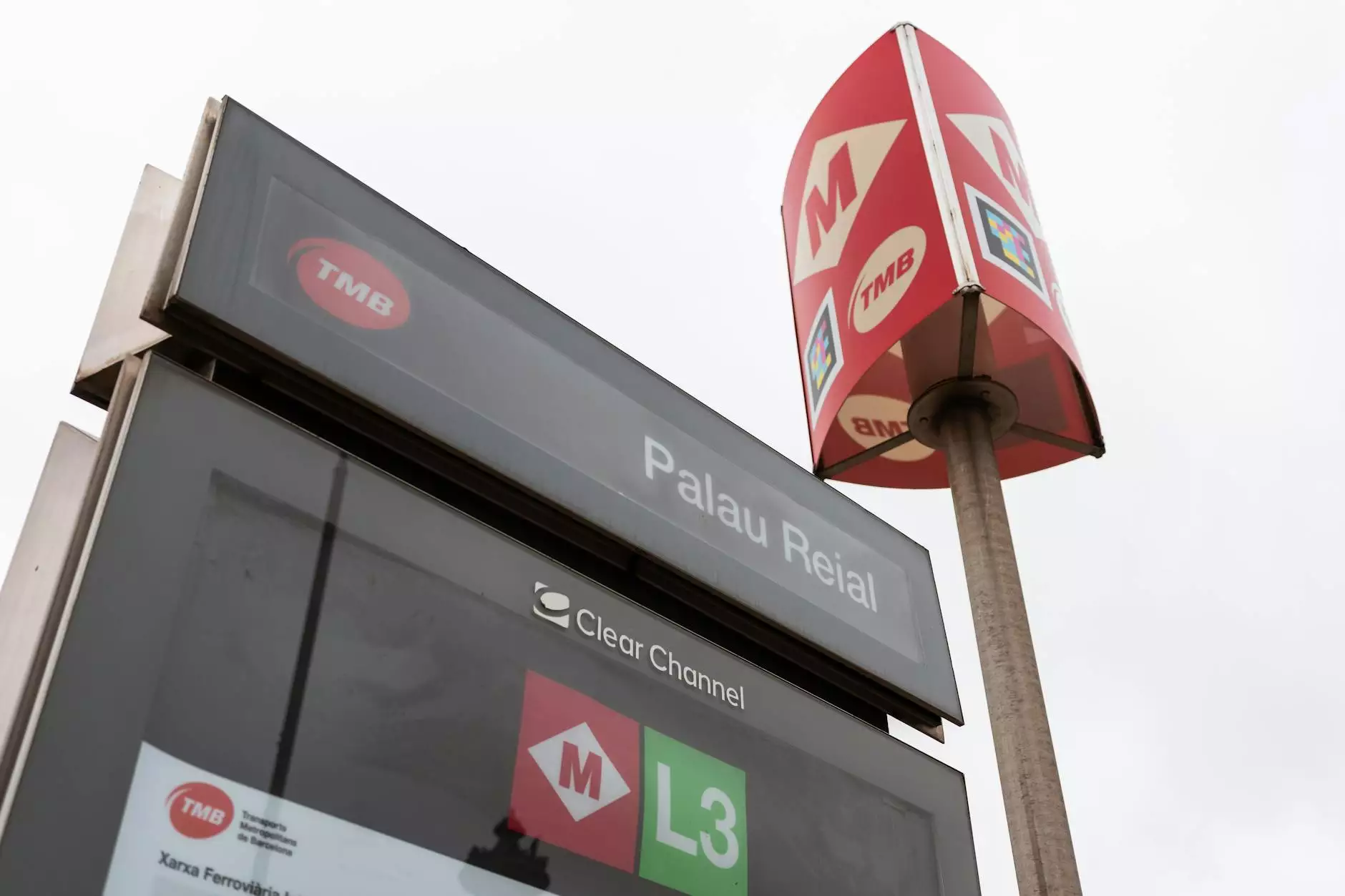The Impact of Late Cancellation in the World of General Dentistry, Dentists, and Cosmetic Dentists

In the fast-paced world of General Dentistry, Dentists, and Cosmetic Dentists, managing appointments efficiently is crucial for the success and reputation of any practice. However, the phenomenon of late cancellation can significantly affect the operations and profitability of a dental business.
The Consequences of Late Cancellation
When patients fail to honor their scheduled appointments and provide late cancellation notices, it can lead to various negative outcomes for dental practices. Firstly, valuable time slots that could have been allocated to other patients are wasted, resulting in lost revenue and decreased productivity.
Moreover, late cancellations can disrupt the workflow of the entire practice, causing scheduling conflicts and putting undue pressure on staff members. This can lead to decreased patient satisfaction and loyalty, as individuals may feel neglected or inconvenienced by frequent changes to their appointments.
Strategies to Address Late Cancellation
To mitigate the impact of late cancellation in the dental industry, proactive measures and effective communication are essential. Implementing policies that encourage patients to provide sufficient notice when rescheduling or canceling appointments can help minimize disruptions and optimize scheduling efficiency.
- Send timely reminders to patients regarding their upcoming appointments, emphasizing the importance of honoring scheduled times.
- Establish clear guidelines on late cancellation fees or penalties to incentivize patients to adhere to their appointments and safeguard the practice's revenue.
- Utilize advanced scheduling software and technologies to automate appointment reminders and streamline communication with patients.
The Role of Patient Education
Educating patients on the significance of respecting appointment times and the implications of late cancellation can foster a culture of mutual respect and accountability within the dental practice. By emphasizing the value of every scheduled slot and the impact of last-minute changes, patients are more likely to comply with appointment protocols and contribute to a harmonious practice environment.
Building Trust and Long-Term Relationships
Ultimately, addressing the issue of late cancellation goes beyond operational efficiency—it is about building trust and nurturing long-term relationships with patients. By demonstrating professionalism, understanding, and flexibility in managing scheduling challenges, dental practices can create a positive patient experience that fosters loyalty and advocacy.
Embracing transparency, communication, and patient-centered care can transform late cancellation from a disruptive occurrence to an opportunity for strengthening patient-provider relationships and enhancing the overall reputation of the business.
Conclusion
As businesses in the field of General Dentistry, Dentists, and Cosmetic Dentists navigate the complexities of managing appointments and patient interactions, addressing the issue of late cancellation with strategic planning and effective communication is essential for sustainable success and growth.









